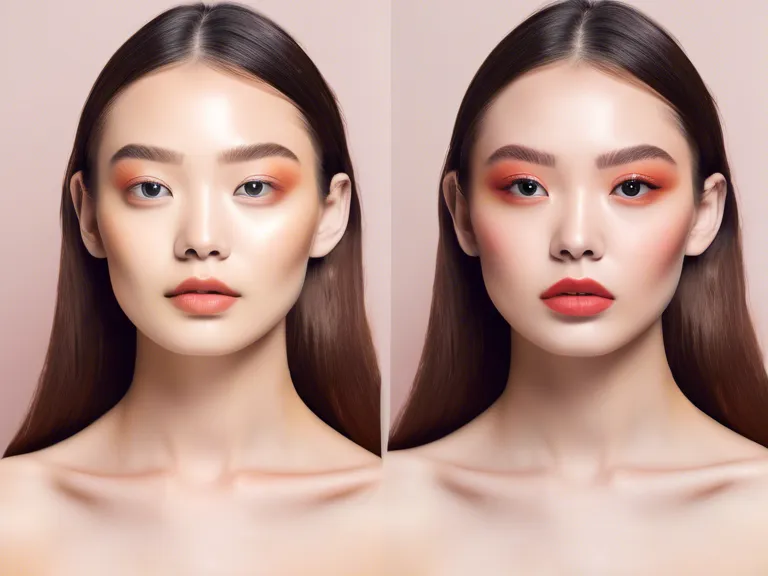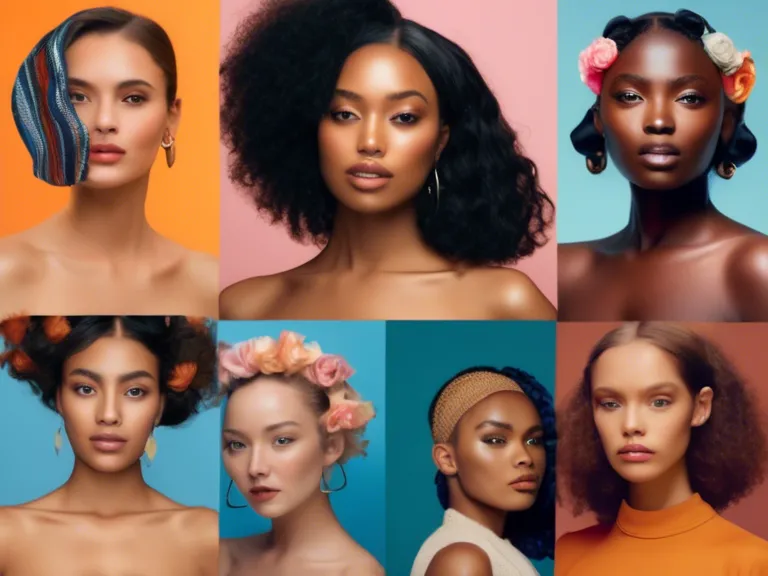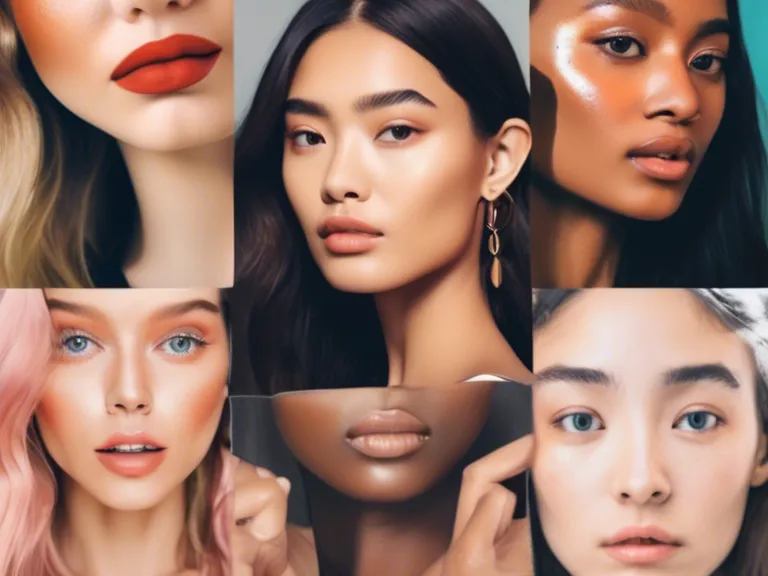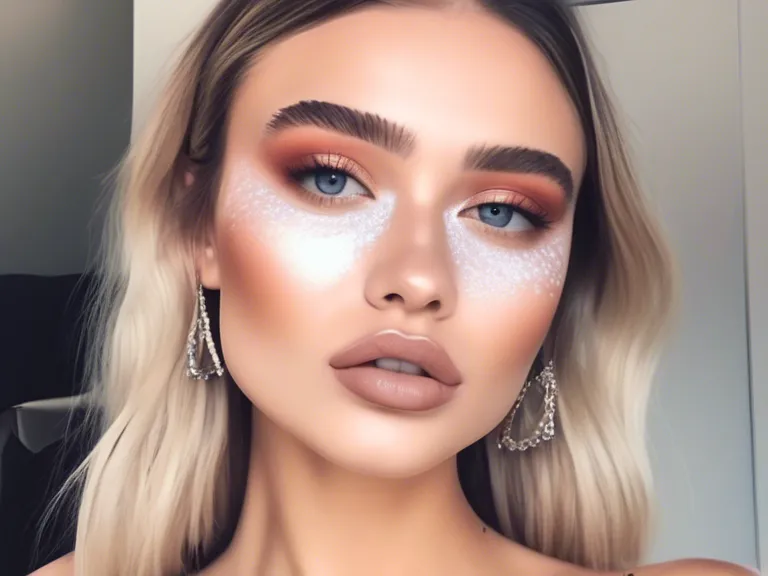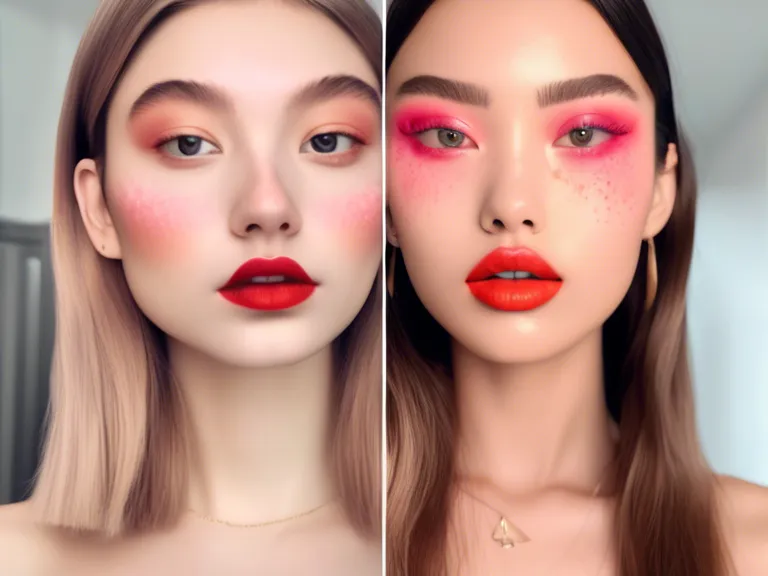
With the rise of social media platforms like TikTok and Instagram, beauty filters have become a popular tool for users to enhance their appearance in photos and videos. This trend has sparked a cultural shift in how people perceive themselves and others, leading to both positive and negative implications.
Beauty filters on TikTok and Instagram allow users to smooth out skin, enlarge eyes, slim their face, and even change their facial features. While these filters can be fun and entertaining, they also perpetuate unrealistic beauty standards and create a distorted sense of reality. Users may feel pressure to constantly look flawless online, leading to feelings of inadequacy and low self-esteem.
On the other hand, beauty filters have also empowered users to express themselves creatively and experiment with different looks. Some users use filters as a form of self-expression, playing with different makeup styles and aesthetics that they may not feel comfortable trying in real life. In this way, beauty filters can be a tool for boosting confidence and exploring one's identity.
As beauty filters continue to gain popularity on social media, it is important for users to be mindful of their usage and the impact they can have on self-image. It is essential to remember that filters only show a curated version of reality and should not be a measure of one's worth or beauty.
In conclusion, the cultural shift driven by beauty filters on TikTok and Instagram is complex and multifaceted. While these filters can fuel unrealistic beauty expectations, they also provide a platform for self-expression and creativity. As social media continues to evolve, it is crucial for users to strike a balance between enjoying beauty filters for entertainment and maintaining a healthy sense of self-worth independent of digital enhancements.
